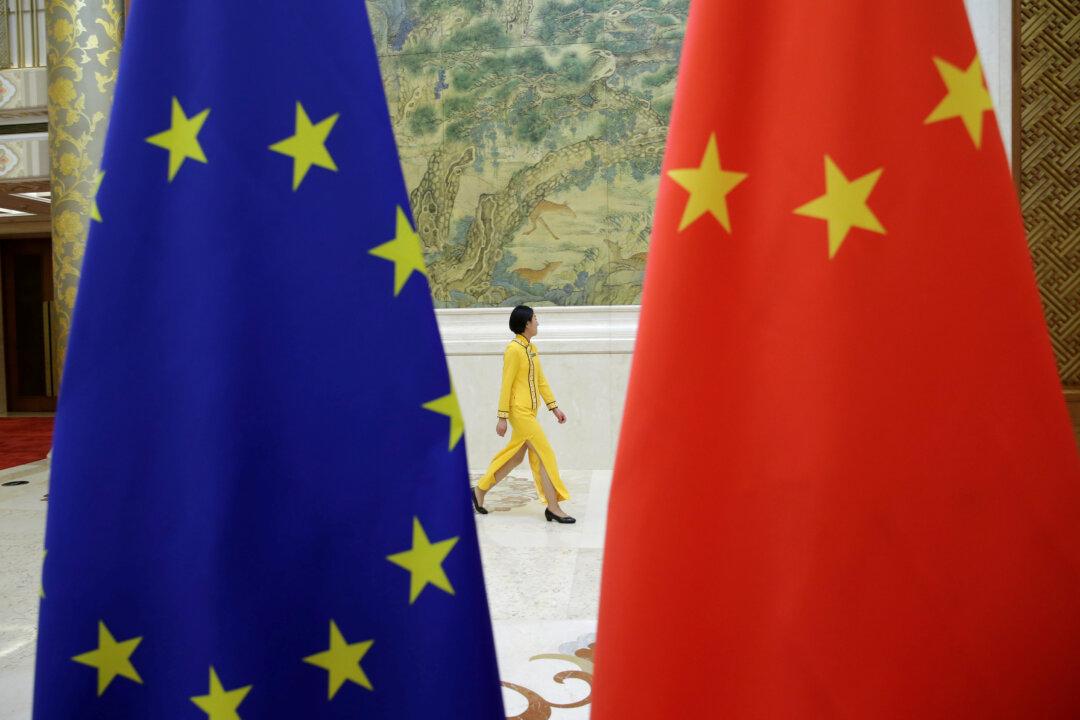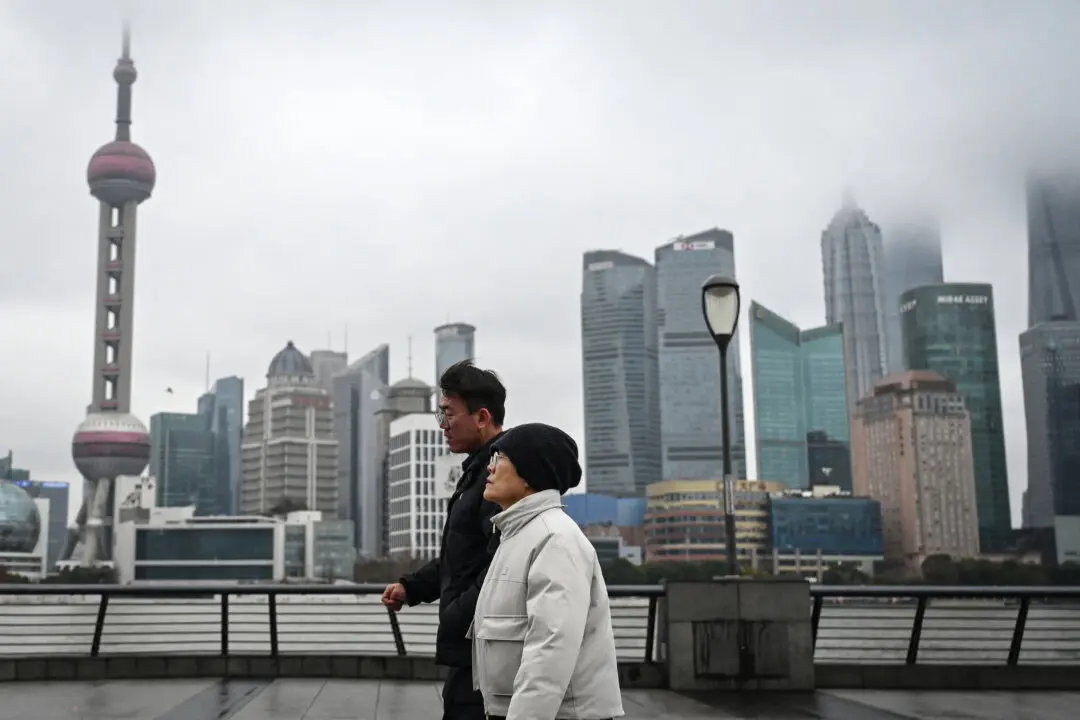Members of the European Parliament (MEP) have vowed to reject the EU–China investment agreement that’s awaiting ratification, because of China’s human rights abuses and sanctions by the ruling communist regime.
More than 30 MEPs denounced China on April 28 for demanding that the EU stop criticism of the regime’s human rights record, saying they won’t ratify the China investment deal unless human rights are addressed first. Some have said outright that they want the deal thrown out.




